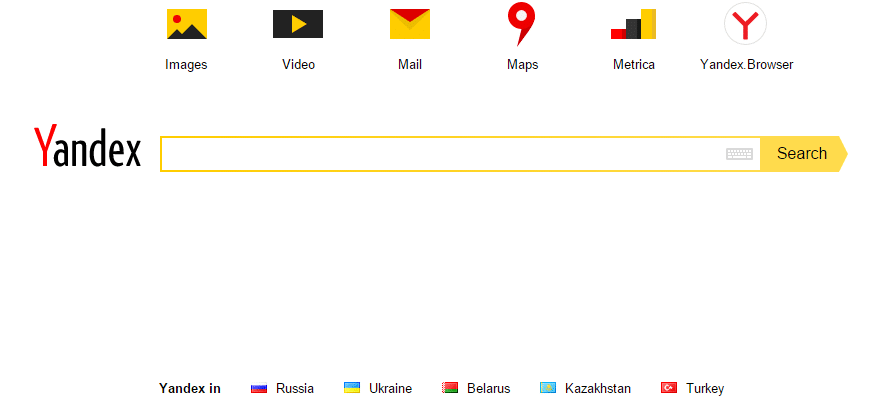Smartex, which owns the binary options brand Olymp Trade, has been at the center of a lawsuit, headed by the Russian Association of Forex Dealers (AFD). The accusation saw both Smartex, along with Yandex, a Russian search engine, accused of illegally advertising OTC FX services within Russia and to Russian citizens.
Russia’s Federal Antimonopoly Service (FAS) deliberated on the case for some time, before finally concluding that the law had not been broken.
The initial complaints were filed, linked with specific claims that highlighted 2 clauses that the companies were violating. The first clause addresses the illegality of advertising products or services that are forbidden by Russian federal law.
The second clause indicates that it is illegal to advertise any services that require a proper license without first acquiring the license. The accusations brought forth by the AFD pointed to Smartex and Yandex violating the clauses, with the former offering an illegal product and the latter enabling its advertising.
FX and binary are not the same thing
However, the FAS reached the conclusion that the law pertaining to the forex industry, which requires the official approval and licensing by local regulation, does not pertain to binary options. In fact, the verdict shows that binary options are not considered a foreign exchange product, and therefore offering such services is not necessarily forbidden.
Moreover, the FAS concluded that Smartex advertisements were mainly in the form of landing pages, which did not include any hint of a foreign exchange brokerage or dealing services, and therefore did not violate the terms of the . Additionally, the target website that the landing pages led to were not correlated to the FX websites or platforms, and were strictly offering binary options services, which are not yet regulated by law.
Loopholes in the Russian law
The ruling set forth by the FAS is very concerning for Russian investors for several reasons. First, it sets a precedent that under current laws, only legitimate FX brokers that have obtained proper regulatory licensing are unable to offer such services in the country.
Furthermore, it opens the door for unlicensed brokers (foreign and domestic) to hide behind the current loopholes in Russia’s laws, allowing them to mask their intended actions by advertising binary options in Russian territory. For instance, a offshore broker can now easily prepare an advertisement in Russian, and launch a campaign targeting Russian clients. In the event of resistance to the advertisements, it would be relatively easy for them to claim that the campaigns are intended for residents of alternative Russian speaking countries.





Be First to Comment